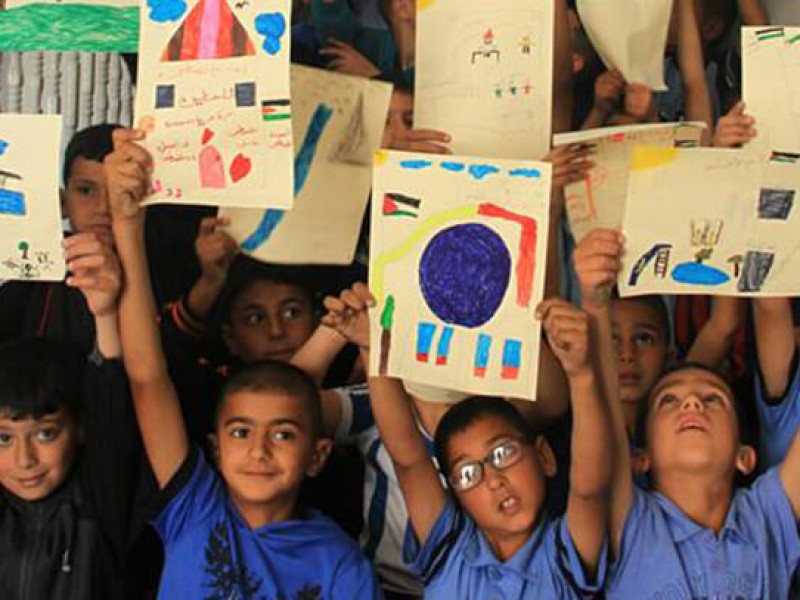Early Childhood

Rights from the Start: Early Childhood Care and Education
Every child has the right to education, and these rights start from birth.
Every year, over 200 million children under the age of five in low- and middle-income countries will not attain their development potential due to poverty, nutritional deficiencies and inadequate care and learning opportunities. Most of these children live in South Asia and sub-Saharan Africa.
Due to this poor start in life, if they get the chance to go to school, they are likely to underachieve. Subsequently, they will perpetuate the cycle of poverty, with low income jobs as adults, likely to have children themselves at a very early age, and provide poor health care, nutrition and stimulation to another generation. By ignoring the right to education, millions more children will be condemned to the same fate.
The Global Campaign for Education is calling on world leaders to keep their promises and ensure early childhood care and education for every child – right from the start.
Campaign demands
Rights From the Start is seeking a combination of commitments from donor and developing countries in order to realise the rights of children to early childhood care and education.
Teacher and curriculum development
- Governments must ensure higher standards for teacher education in early childhood and ensure that the qualifications of early childhood and childcare professionals are on a par with those of primary school teachers and beyond.
- Improve curricula and pedagogy in tune with childhood, valuing play, affection, cooperation, talent and creativity as well as fostering self-esteem and active methods that take into account children’s view points.
- Encourage education ministries to ensure that adult education as well as all formal school curricula contains messages important to future parents on health and nutrition and the essential need for children to receive stronger cognitive and psycho-social support and stimulation from birth.
Removal of discrimination
- Take measures to overcome all forms of discrimination and guarantee quality early childhood care and education provision to boys and girls, children from poor and disadvantaged backgrounds, children with disabilities and those in emergency situations and marginalized communities.
- Reducing inequalities with integrated interventions that target the many risks to which vulnerable children are exposed.
Increased investment in early childhood care and education
- Governments must promote investment in ECCE and set up the framework for delivery of early childhood programmes that include civil society.
- Ensure governments set up an ECCE policy-coordinating mechanism to ensure that the programmes, activities and budgets of the various sectors involved in ECCE work together
- Call for a target of a minimum of 8% of education budgets to be allocated to ECCE (prior to school) and for significant increases in resources for early primary.
Donor governments
- Donors must honour commitments to support all countries to achieve Education for All, especially Goal One.
- Raise awareness of the long-term national development gains in terms of poverty reduction of investment in ECCE.
- Align funding with national needs ensuring that those who lag behind the most get the most help.
- Ensure focused attention on early primary is incorporated as a critical piece of education reform to address the equity and learning crisis.
- Increase funding to the relevant sectors involved with ECCE to promote comprehensive ECCE programming.


